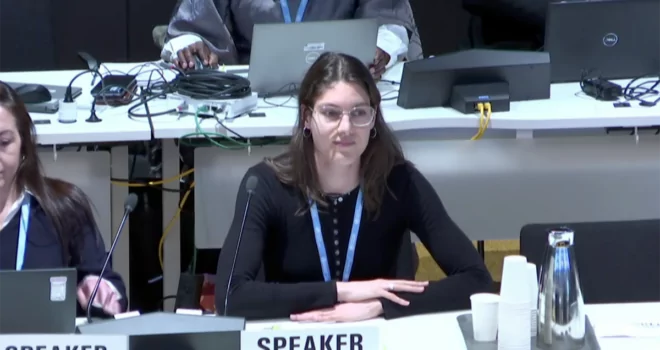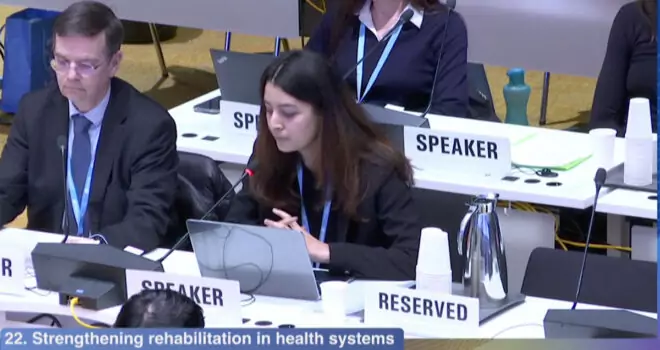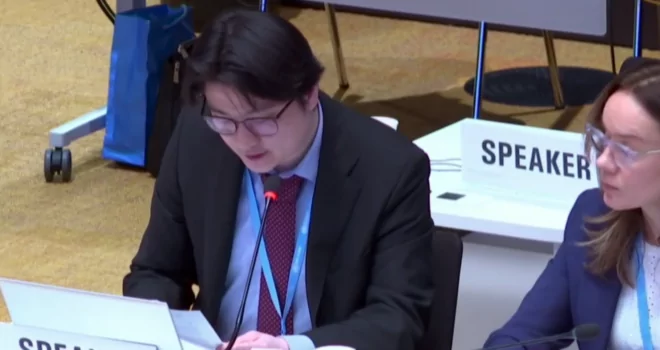This is a statement made at the 75th Session of the World Health Organization RCM for the SEARO Region.
Honourable Chair, distinguished delegates,
Thank you for the opportunity to deliver this statement by the World Heart Federation, South East Asia Regional NCD Alliance, Healthy India Alliance (India NCD Alliance) and the NCD Alliance. We welcome the Committee’s Report, and its emphasis on the devastating impact of non-communicable diseases – or NCDs – on families and communities in the region. We commend the report for its bold targets and practical recommendations to integrate NCD services into primary health care, particularly to implement interventions in the WHO PEN Package.
As the report outlines, NCDs represent an increasing proportion of deaths in the region. This is especially true of cardiovascular disease, or CVD. This places a huge burden on health systems; nearly 70% of CVD patients in LMICs do not receive medicines to manage their chronic conditions, a figure rising to over 80% for patients in low-income countries. Moreover, NCDs such as rheumatic heart disease – or RHD – disproportionately affect vulnerable populations living in conditions of poverty and overcrowding.
While it is important to focus on health systems resilience, the priorities and challenges of people living with NCDs warrant particular attention. High out of pocket expenses, poor access to essential treatment and management services, increased vulnerability to infectious diseases, as well as the mental health impact of living with a chronic condition, need special focus.
Integrating NCDs, including oral health and integrated eye care, into robust primary health care (PHC) systems is a huge challenge, and much remains to be done. However, practical and affordable interventions are available:
- Establish and sustain pooled procurement mechanisms for essential NCD medicines
- Adapt and expand coverage of WHO PEN protocols and the HEARTS technical package to all PHC facilities
- Provide adequate funding for NCD mainstreaming at PHC level through the employment of fiscal policies, such as taxes on tobacco, alcohol, and sugar-sweetened beverages
We thank you for your time and attention and remain committed to supporting you in this essential endeavour.


